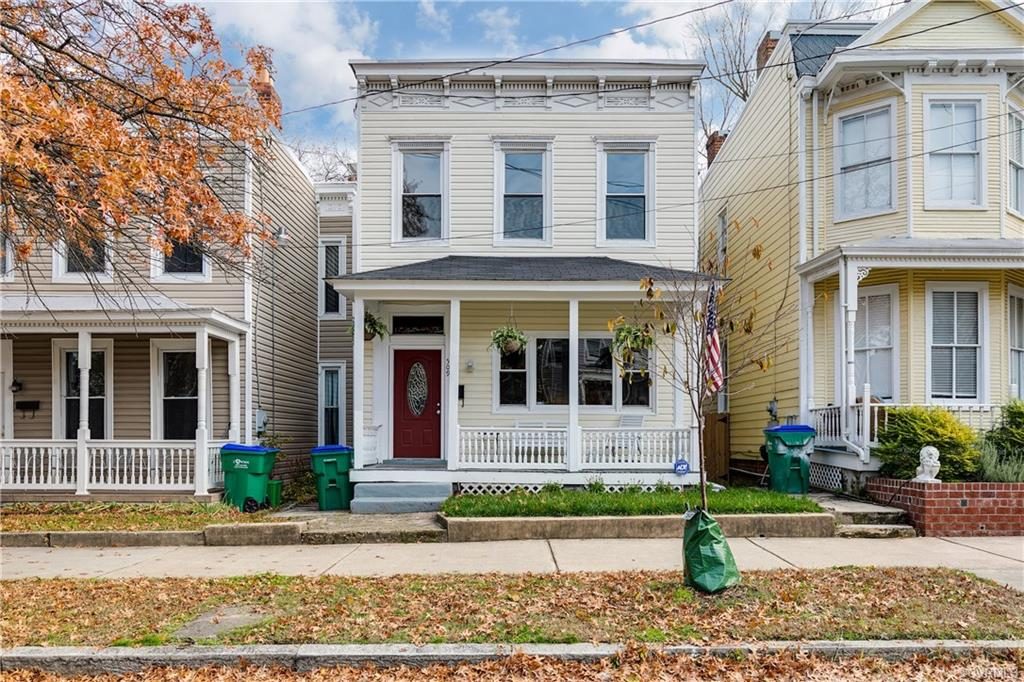How You Can Appeal a Real Estate Assessment
You open up your mail. You see something ominous – a simple envelope from your local government tax assessor’s office. You open it, hoping for the best… only to find that the county/city has bumped your tax-assessed value by a HUGE amount! This is going to affect your tax bill by hundreds of dollars – is there anything that can be done??
Many local homeowners have seen property values shoot up as the pandemic sparked a frenzied housing market. Even without a COVID rush, the Greater Richmond area has experienced a strong housing market for the past decade. Owning an appreciating asset is the goal, so net/net rising home prices are generally a cause for celebration.
How Assessments are Made and Used
As home prices climb, property taxes follow suit. Your tax bill is determined by multiplying your home’s assessed value by the local tax rate. Assessors usually rely on comparables, or the sale price of homes similar to yours. They take into account location, number of bedrooms and bathrooms, and any other easily noticeable amenities your home may have.
Most local governments have just recently mailed real estate assessment notices. (City of Richmond is the notable exception, sending out their letters in September each year.) If your property tax bill has increased significantly, you may have grounds for an appeal, particularly if the increase seems out of line with overall appreciation in your area.
Appealing Your Real Estate Assessment
The rules for submitting an appeal vary by locality, so check with your city/county’s website (a list of links to the appeals process for some local government sites is at the end of this post.) There are some general guidelines that apply for anyone considering appealing their property assessment.
Steps to Appeal Your Property Tax Bill
- Know the rules: the deadline to file an appeal, the form and any documentation required, steps in the process and how to escalate, etc.
- Check your property card: for some localities this is available online, while others require a visit to the assessor’s office. This card includes information about the size of the lot, the precise dimensions of the rooms, special features or notations about any improvements made to the existing structure, etc. As you review this card, note any discrepancies, and raise these issues with the tax assessor.
- Check for property tax breaks: You may be eligible for credits based on your income or status as a senior citizen, veteran or disabled person. Rebates and other property tax breaks aren’t automatic: you usually have to apply for them and show proof of eligibility.
- Check comparables: Search in your area for recent sale prices of homes similar to yours on a website such as Zillow.com or Realtor.com. If you find that your assessed value is considerably higher than sale prices of nearby homes, you may have grounds for appeal.
Important Caveats:
Generally speaking, the odds of having a tax assessment overturned are very slim, unless you are able to point to a misrepresentation/miscalculation of home facts, such as lot size, number of bedrooms, overall square footage, etc. – so pay close attention to those home facts, and make sure they are accurate.
Some homeowners will opt to get an appraiser out to the home to combat a tax-assessed value. It is important to note that, at least in the metro Richmond area, tax assessments are a good bit lower than fair market value. An appraiser will rarely if ever state that your home is worth LESS than the tax-assessed value. That said, some appraisers will, for a lesser price than a full appraisal, measure your spaces and provide drawings of room dimensions if you believe those are mistaken in the tax assessment.


